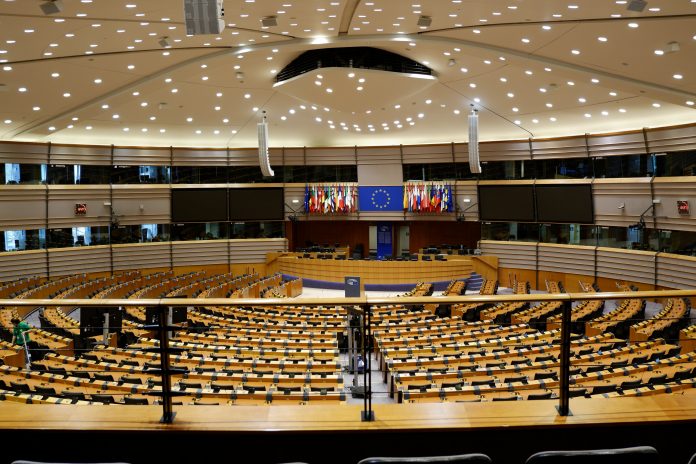The European Parliament and Council have reached a political agreement on the establishment of an Anti-Money Laundering Authority (AMLA).
This decision marks a pivotal moment in the EU’s ongoing efforts to combat money laundering and terrorist financing.
AMLA is set to play a crucial role in supervising the EU’s new rules aimed at thwarting dirty money flows. The authority will have the responsibility to directly oversee financial entities that are deemed most risky, particularly those with operations spanning across at least six member states. AMLA will also assume a supervisory role for at least one entity per member state and will step in to manage supervisory tasks in case of failures.
Furthermore, AMLA is designed to act as a central coordinating hub, ensuring that supervisory actions across different EU countries are harmonized. It will also mediate and settle disputes between national authorities, as proposed by the Parliament. In supporting financial intelligence units, AMLA will play a significant part in analyzing suspicious transactions and detecting money laundering cases, managing the FIU.Net for information sharing.
The agreement reached extends beyond the establishment of AMLA. It encompasses harmonization of anti-money laundering and anti-terrorist financing rules across member states, aiming for a more uniform application. New measures include the creation of channels for reporting breaches, whistleblower protection, and enhanced cooperation between national Financial Intelligence Units (FIUs) and AMLA. Additionally, new rules against circumvention of targeted financial sanctions have been integrated, with AMLA supervising their implementation.
While the agreement has been secured, discussions continue on the location of AMLA’s headquarters, expected to be selected in 2024. The seat will be determined following a collaborative process involving hearings with interested candidates.
Co-rapporteur Eva Maria Poptcheva (Renew, Spain) highlighted the significance of AMLA, saying, “We have a deal on the substantive provisions of the new Anti-money Laundering Authority. AMLA will be a game changer to crack down on dirty money in the EU. It will supervise the 40 riskiest financial entities and it will oversee the non-financial sector to prevent cases like the Pandora Papers. AMLA will also play a crucial role avoiding the circumvention of targeted financial sanctions like the ones included in the 11 sanctions packages approved by the EU against Russia. Next step is to find the best possible location to host AMLA.”
Emil Radev (EPP, Bulgaria) also expressed optimism about AMLA’s role, stating, “The EP gave AMLA an important and strong role in the fight against money laundering. We hope that it will guarantee more financial security and better cooperation with national supervisors and FIUs in a cross-border environment, where risks have been growing at a constant pace. For the first time, AMLA will supervise directly the riskiest companies in the financial sector, as well as cryptocurrency providers that operate in several Member States.”
Copyright © 2023 RegTech Analyst
Copyright © 2018 RegTech Analyst






